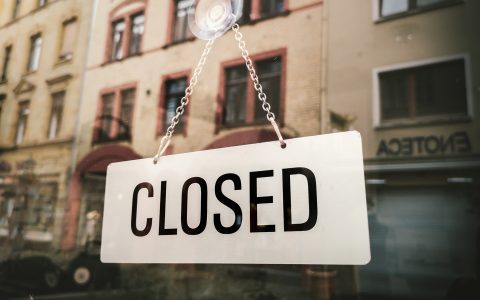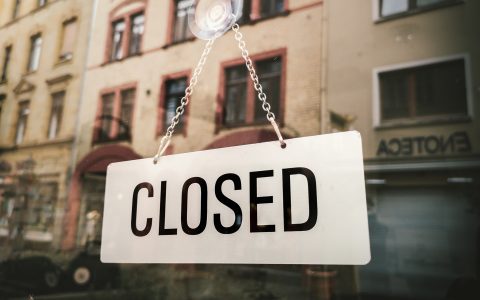Late last week, Michigan Court of Claims Judge Stephen Borrello halted the shutdown of 98 medical cannabis dispensaries slated for closure due to emergency rules issued by LARA, the state licensing agency, on Sept. 11.
Dispensaries will now have until Dec. 15 to complete their applications.
Borrello’s restraining order came in response to a lawsuit filed by attorney Denise Pollicella on behalf of the Montrowe dispensary in Jackson.
The judge’s ruling blocks the closure of these facilities and the liquidation of their inventory, and extended the deadline for Michigan dispensaries’ Step 2 applications from June 15 to Dec. 15 of this year.
Pollicella’s lawsuit claimed that her client would be irreparably harmed by LARA’s emergency rule. The Montrowe dispensary currently holds cannabis inventory worth an estimated $500,000. It would have been impossible to sell or destroy all that product by LARA’s Sept. 15 deadline, the suit argued. Even so, LARA’s rule prohibited dispensaries that did not meet the June 15 deadline from storing inventory during any temporary shutdown.
Montrowe, and the more than 90 dispensaries in a similar situation around the state, Pollicella argued, “has no way to meet the notice requirements based on the date and time [LARA] made the new rule known.”
Tough Applications Take Time
Pollicella released a statement on behalf of Cannabis Attorneys of Michigan applauding Judge Borrello’s ruling.
Mother of a dispensary worker, thanking the lawyer who filed suit
“It is our sincere hope that, going forward, the state will work more closely in partnership with the medical cannabis industry toward a strong and viable network of responsible licensed businesses.”
The statement also reminds regulators how intensive the application process they’ve laid out is for facilities; the application’s Step 2 is tantamount to a complete forensic audit.
“We encourage LARA and BMMR to also have faith that the unanticipated lag in the processing of applications is not a malicious act on the part of most applicants, but a symptom of a new and very expensive, highly complex and document-intensive licensing process that we are all trying to learn and work through.”
Count on the Dec. 15 Deadline
Meanwhile, Pollicella has been assuring clients that the restraining order won’t be reversed.
“If they do appeal—and I don’t think they will—I am absolutely confident that our arguments are strong enough to withstand that challenge,” Pollicella says.
She’s also been inundated with calls and emails from dispensary workers, thanking her for saving their jobs.
“You saved my daughter’s job!” said one individual who requested anonymity in an email to Pollicella. “Her first real job where she felt comfortable and enthusiastic, and as if she has a future. After fighting through crippling anxiety and depression, she is finally blossoming into a very capable and confident young woman. I was so afraid she would lose her momentum if her dispensary was shut down. I don’t have the words to describe what your efforts mean to my family.”
Find the Right Cannabis for Your Medical Condition
Few Willing to Challenge the State
Fellow attorneys have also reached out to express their appreciation, noting that they wanted to file similar suits, but their clients had been too afraid state regulators would retaliate when processing their pending application.
“That’s amazing,” says Pollicella. “That’s terrible—that we can’t challenge clearly unconstitutional violations. I’m just grateful that the judge could see this as an industry, not a collection of drug dealers.”
State regulators’ combative approach to regulating the industry has been an ongoing theme for Michigan since voters legalized medical cannabis in 2008.
“I really don’t think it’s a great use of our collective efforts and time to keep doing this in an adversarial context,” Pollicella said. “There’s got to be a point where the State sees [cannabis] as the industry that it is.”





